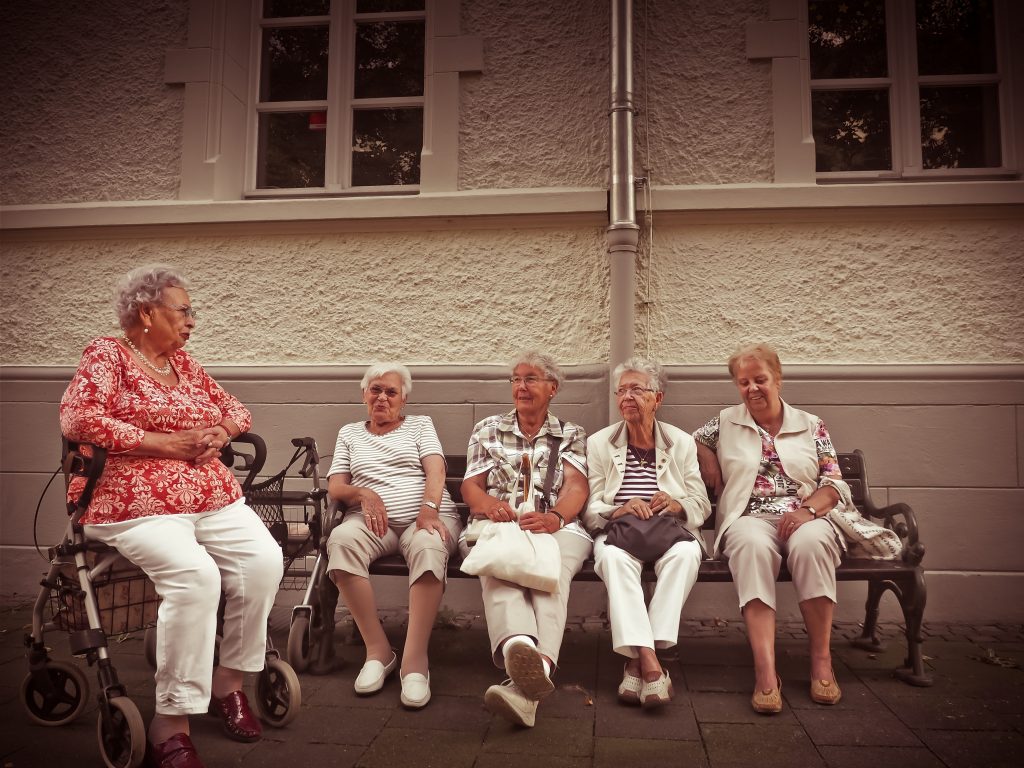
Digitise or disappear?
You can’t go a day without reading or hearing about some new development in ‘digital health’. Just this week we’ve heard how digital technologies can help reduce loneliness in over-50s; that an NHS-funded insomnia app will soon be helping sleep-deprived Londoners get some shut-eye; and that Matt Hancock is awarding £9 million to a host of new technologies addressing some of our most pressing healthcare priorities. That’s not to say these stories shouldn’t be worthy of our time or interest – far from it. Digital technologies have a pivotal role to play in delivering safer, better quality and more personalised care. But not just for healthcare; for social care too.
The reality is, we hear a great deal more about digital health than we do about the digital transformation quietly taking place in social care. Our so-called ‘Cinderella service’ may not appear to be the shiniest or sexiest but it is throwing up surprising innovation, using technology to transform and enhance a fragile system that has long been at risk of terminal decline. Grabbing the digital opportunities that are available right now may just be the key to its survival.
This week, a new evaluation by SCIE (Social Care Institute of Excellence) provided evidence that a digital-first approach to social care may be critical if we want to create a sustainable and fit for the future service. It found that the PASSsystem, a digital care management platform developed by everyLIFE Technologies, helps care providers to better manage risk, demonstrate accountability, realise business efficiencies and – most importantly – deliver safer, higher quality care.
Put simply, the PASSsystem lets carers write up, update and share care plans digitally and in real-time. It’s just one of many smart technologies transforming the provision of home and residential care. So why aren’t we hearing more about them? Few sectors are as central to our national identity and integrity as those that care for our vulnerable, frail and elderly. Their place should be centre stage, not relegated to the sidelines.
Almost one in four people need some help with daily living – and with an ageing population that number is only going to get higher. Social care budgets are now rising, but not by enough. In England we face a large and growing funding gap – of around of £6bn by 2030. You know the scenario, and you probably know that part of the solution has to be to do more with less. So the message is stark. Digitise. Or disappear.

